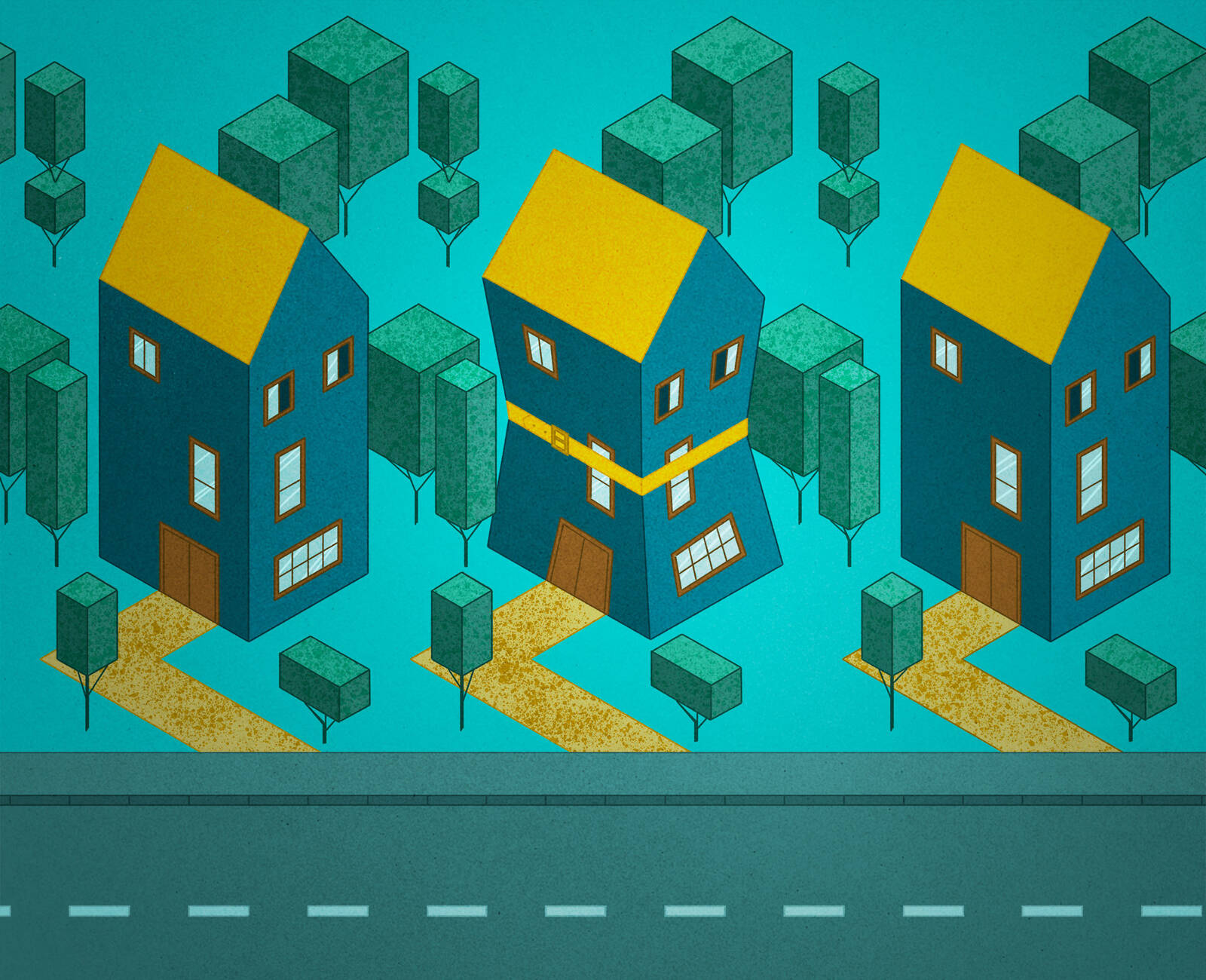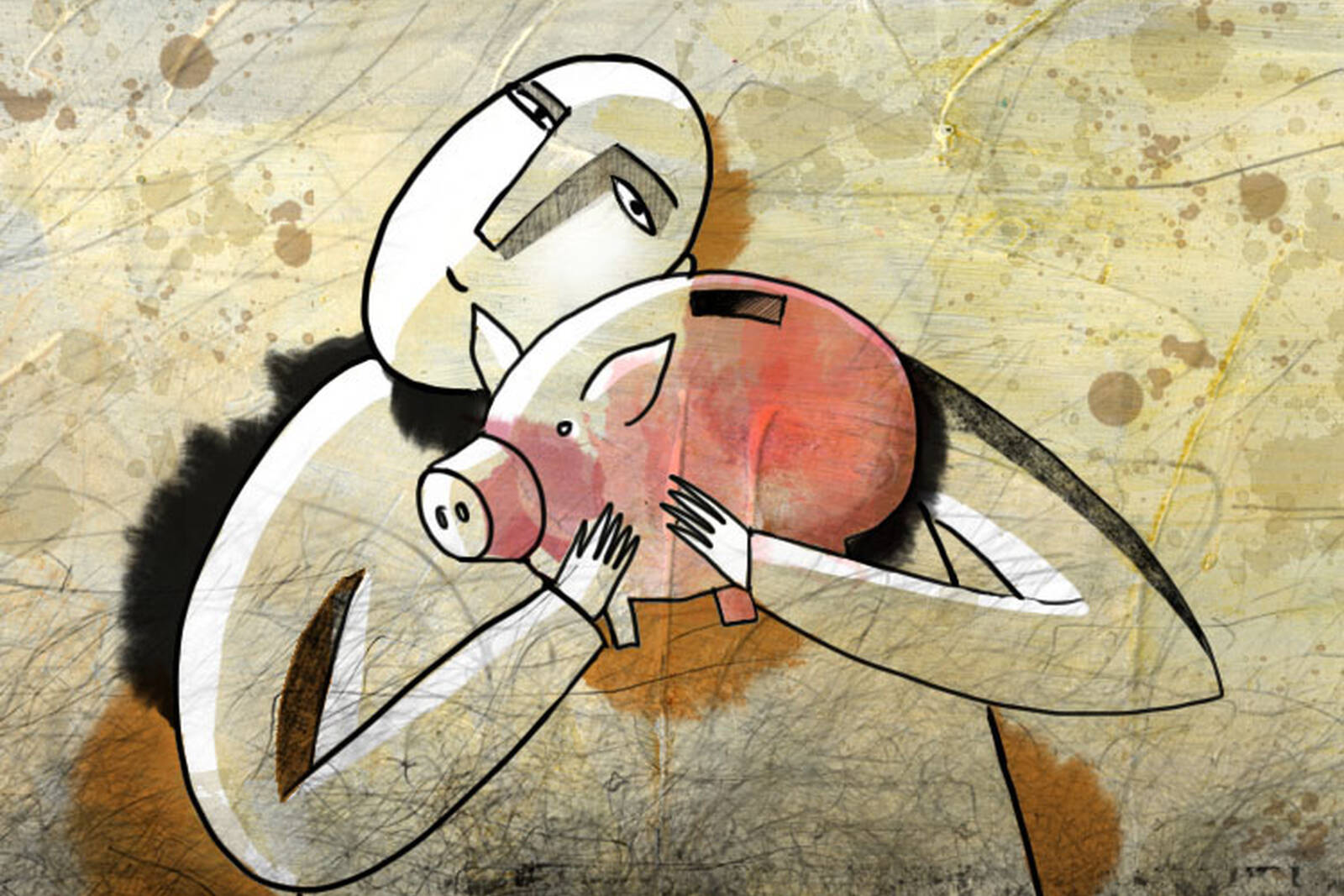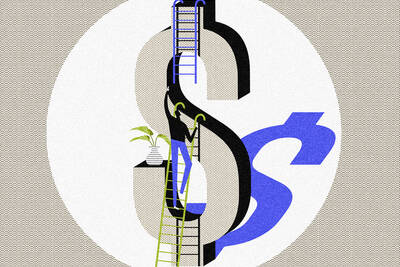Finance & Accounting Apr 4, 2017
How the 2013 Government Shutdown Affected Workers’ Household Spending
Even temporary income dips lead to a surprising degree of belt-tightening.

Lisa Röper
In October 2013, a partisan standoff led to a partial shutdown of the U.S. government for two weeks. More than 1 million federal employees had to work without receiving their regular pay, and an additional roughly 800,000 furloughed workers were told to stay home.
Both groups got their missing money after the shutdown concluded, and during the shutdown it appeared likely that they would eventually get paid. But how did their household spending change while their paychecks were on hold?
Scott Baker, an assistant professor of finance at Kellogg, wondered whether federal employees’ spending habits remained largely the same during the shutdown, or if the workers become more frugal until they had their paychecks in hand.
“Do they tend to just behave as normal and drawn down savings or use credit cards?” Baker asks. “Or do they behave more like hand-to-mouth consumers and tend to cut spending a lot?”
Despite the fact that federal employees have relatively stable jobs and knew the situation was temporary, the shutdown led workers to reduce their spending by about 10%. Baker and his coauthor, Constantine Yannelis, an assistant professor at the New York University Stern School of Business, also found that furloughed employees cut expenses by about twice as much as employees who were required to continue going into the office, partly because the stay-at-home workers had no commuting costs and could perform some household tasks instead of paying others, such as childcare.
“People do tend to react more to temporary changes in income than many very basic models would predict.”
The government shutdown is a unique situation: unlike unemployment or retirement, it presented a relatively brief loss of regular income. But since even these workers quickly became thriftier, the results suggest that people tend to react strongly and immediately to lapses in pay. The findings could have implications for how policymakers design programs such as unemployment insurance.
The study also suggests that some federal workers behaved more like hand-to-mouth consumers than one might expect, given their relatively comfortable positions in society. “When they get paid, they consume, and if they’re not paid, they stop,” Baker says.
Testing the Permanent Income Hypothesis
The researchers saw the shutdown as an opportunity to test a long-standing idea, first proposed in the 1950s, called the permanent income hypothesis. This theory posits that people tend to maintain a fairly steady level of spending even when their income temporarily fluctuates. According to the theory, people should continue to spend pretty much as usual when they stop receiving paychecks so long as their expected long-term income has not changed much. Additionally, if they get a one-time windfall, they will not spend it all at once.
However, some studies have hinted that people react more strongly than expected to ebbs and flows in income. If an employee loses her job, she might take advantage of her empty days to hunt for deals and cook instead of eating in restaurants. Or she could seek cheaper forms of leisure that are not available to workers, such as spending an afternoon at the beach instead of attending an expensive play in the evening. “You lose your income, but you also have a lot more time on your hands,” Baker says.
Baker and Yannelis decided to use data on the shutdown to further test the permanent income hypothesis. “We saw it as a very nice natural experiment,” Baker says. The income drop was “quite sudden, quite unexpected, and affected a huge number of people.”
The researchers obtained anonymized data from a personal-finance website where people track their income, expenses, savings, and debt. Based on paycheck-transaction descriptions, the team identified 61,160 households that included employees of federal agencies affected by the shutdown. These affected employees included both those who were asked to work without pay and those who were furloughed. As a control, the researchers also found 91,650 households with federal or state government workers whose paychecks were unaffected by the shutdown, but who were likely to have similar job duties and financial situations.
Thrifty Habits
Baker and Yannelis found that, overall, the affected federal workers’ households lost about 20 to 25% of their total income during the two-week shutdown. This in turn appeared to drive a 10% decrease in spending. People started to rein in spending soon after the shutdown began.
However, the furloughed workers were even more frugal than this overall trend would suggest. They cut spending by about 14%, while those who still had to go into the office showed only a 7% drop. The employees stuck at home pulled back more on food, gas, and public-transportation expenses. They also appeared to stop paying for some tasks such as yard work and child care, and did it themselves instead.
But the furloughed employees were no less likely to pay regular bills such as health insurance and tuition costs. And they spent slightly more on vacation-related activities such as theme parks, suggesting that some of them took advantage of the time off to relax. “Those who have the extra money spend some of it enjoying themselves given their additional leisure time,” Baker says.
Changes to Household Spending
The team also investigated whether people’s sudden frugality was partly due to a lack of savings or available credit. Not surprisingly, workers who had less money in the bank or no credit cards cut their spending more than those with more resources at their disposal.
Still, even employees with a comfortable financial cushion reduced their expenses.
And workers delayed returning to regular spending habits even when they knew exactly when they would be paid again. The last day of the shutdown was October 16, 2013, and most employees were scheduled to receive their missing pay within about a week. But during that waiting period, their spending remained low. “It’s only when that money actually hits their checking accounts that spending goes back to normal,” Baker says.
The study adds to the body of evidence that the permanent income hypothesis does not always line up with reality. “People do tend to react more to temporary changes in income than many very basic models would predict,” he says.
Perhaps some workers felt nervous about spending money when their checking-account balances were lower than normal or disliked using credit cards, even if they could still make their monthly payment on time and avoid incurring interest. For those people, “even though it would be costless to borrow for a week on a credit card, they’re still not going to do it,” Baker says. “They’re going to wait.”
Baker acknowledges that federal employees are generally more well-off than the average person, thanks to their job stability. One might have predicted that the shutdown would have had little effect on spending, particularly since the workers knew they were eventually getting back pay. But “the fact that we still found a pretty sizable effect is more surprising given the richer-than-average population in the study,” he says.
The results are important for policymakers who are deciding, say, how much unemployment insurance programs should pay. There is a trade-off between compensating for lost income and giving people so much money that they are not motivated to get a job. The results of Baker and Yannelis’ study suggests that such policies should account for the fact that unemployed workers have a lot more time and can adjust their household and leisure spending accordingly. “It allows them to quickly and dramatically change their financial behavior,” Baker says.



